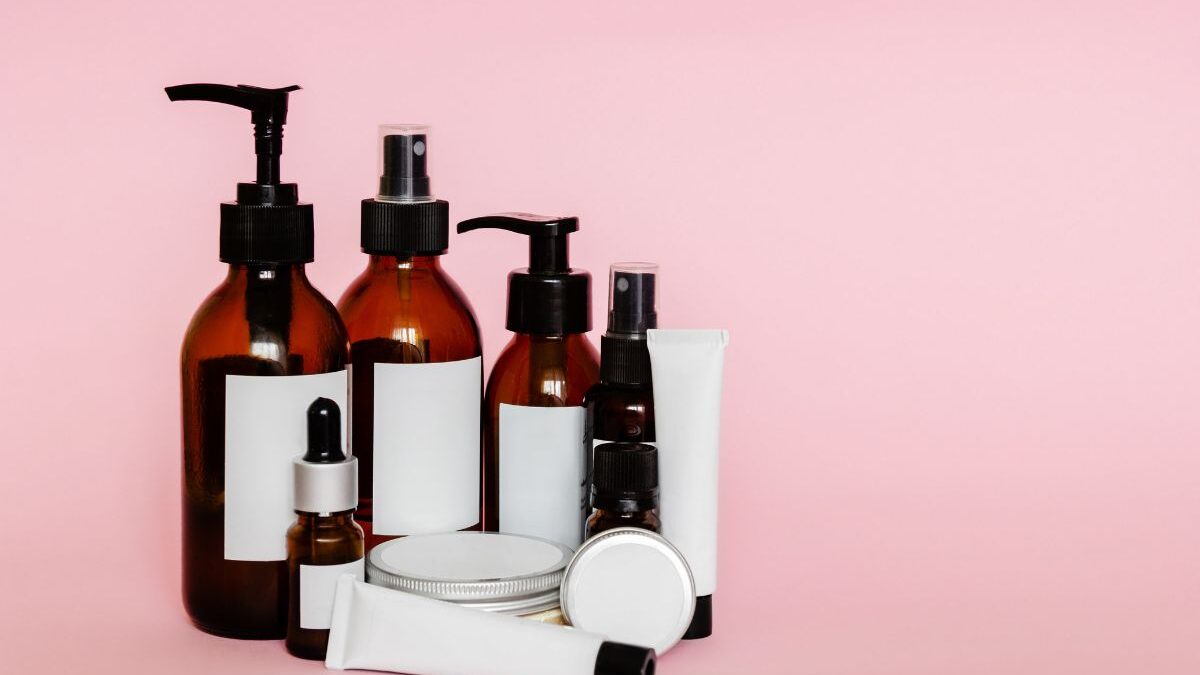Overcoming Challenges in Private Label Cosmetic Manufacturing: Strategies for Success

Marketing Strategies for Private Label Cosmetics: Building Brand Recognition
March 23, 2024
From Concept to Creation: The Journey of a Cosmetic Product at Bio Atoms
March 29, 2024Private label cosmetic manufacturing offers numerous advantages for brands looking to enter the beauty industry, including faster time to market, lower investment costs, and greater flexibility in product development. However, navigating the landscape of private label manufacturing comes with its own set of challenges. From formulation issues to supply chain disruptions, brands face various obstacles along the way. In this blog, we’ll explore some common challenges in private label cosmetic manufacturing and discuss strategies for overcoming them.
- Quality Control Concerns: Maintaining consistent quality across batches is paramount in the beauty industry. Brands must ensure that their private label manufacturer adheres to strict quality control standards throughout the manufacturing process. Implementing comprehensive quality control measures, such as conducting thorough ingredient testing, adhering to Good Manufacturing Practices (GMP), and performing regular quality audits, can help mitigate quality control concerns and uphold product integrity.
- Formulation Challenges: Developing high-quality formulations that meet consumer expectations can be challenging, especially for brands new to the beauty industry. Partnering with an experienced private label manufacturer with a dedicated research and development (R&D) team can alleviate formulation challenges. Collaborate closely with the manufacturer to fine-tune formulations, test product efficacy, and address any formulation issues promptly. Additionally, stay informed about emerging trends and innovations in cosmetic ingredients to create products that resonate with consumers.
- Supply Chain Disruptions: Disruptions in the supply chain, such as ingredient shortages or production delays, can significantly impact manufacturing timelines and product availability. To mitigate supply chain disruptions, establish strong relationships with reliable suppliers and maintain adequate inventory levels of key ingredients. Diversify your supplier base to reduce dependency on a single source and have contingency plans in place to address unforeseen disruptions swiftly.
- Regulatory Compliance: Compliance with regulatory requirements and industry standards is non-negotiable in cosmetic manufacturing. Brands must ensure that their private label manufacturer complies with relevant regulations, such as the Food and Drug Administration (FDA) guidelines in the United States or the European Union (EU) regulations. Work closely with regulatory experts to navigate complex regulatory landscapes, ensure product safety and labeling compliance, and stay updated on regulatory changes that may impact your products.
- Brand Differentiation: In a crowded market, standing out from competitors is essential for success. Private label brands often struggle with differentiation, as they may offer similar products to those already available in the market. To overcome this challenge, focus on developing a unique selling proposition (USP) that sets your brand apart. Emphasize factors such as sustainability, ethical sourcing, or innovative formulations to differentiate your products and appeal to discerning consumers.
- Marketing and Branding: Effective marketing and branding are essential for building brand awareness and driving sales. Private label brands must invest in strategic marketing initiatives to promote their products and connect with their target audience. Develop a comprehensive marketing plan that encompasses digital marketing, social media engagement, influencer partnerships, and experiential marketing tactics. Create compelling brand storytelling that resonates with consumers and highlights the value proposition of your products.
Conclusion: While private label cosmetic manufacturing presents its share of challenges, brands can overcome these obstacles with careful planning, strategic partnerships, and a commitment to quality and innovation. By addressing quality control concerns, navigating formulation challenges, mitigating supply chain disruptions, ensuring regulatory compliance, differentiating their brand, and implementing effective marketing strategies, private label cosmetic brands can achieve success in the competitive beauty industry.





